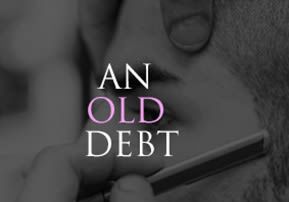
An Old Debt
Yanki was a flashy hairstylist trying to make it big. He spent money that wasn't his; one of the old debts resurfaced eight years later ...

I think the word “emuna” has lost its true meaning. In mainstream media, it implies something two-dimensional, lacking in depth, like a photograph of the Grand Canyon shot with black and white film.
Emuna’s not like that, at all, and I speak from first-hand experience:
It all started when I received a strange cell phone call. “Shalom. Channa?
The caller was male, but I didn’t recognize his voice. “Yes, this is Channa.”
“You have a file open at Hotza’a LePoal (Israel’s court collection agency)" the man said, speaking straight to the point, like a young child.
Many times I had brought bum checks for collection to Hotza’a LePoal in the course of my community newsletter business in Ma’ale Adumim. However, I had folded the newsletter eight years previously! I worked, then, as an office manager; on salary. The matter-of-fact nature of Mystery Caller’s message took me by surprise: It was a statement, not a question. He claimed I had a file still open. I was tempted to say “no” and hang up the receiver, but the details of the open file came suddenly back to me, like the words of an old, forgotten song. I remembered everything: the big full-color Rosh Hashanah issue for 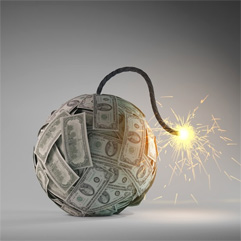 September 1996, a ½ page ad on page 3, the (then) high cost of NIS 877 ($220), and an ambitious client by the name of Gozlan.
September 1996, a ½ page ad on page 3, the (then) high cost of NIS 877 ($220), and an ambitious client by the name of Gozlan.
Yanki Gozlan was a young hair stylist, fresh out of vocational school when he had contacted me to publish his ad. He was in his early twenties, average height, and clean-shaven, with a sensitive face and quiet demeanor. He had struck me as a squeaky-clean kind of guy, like the younger brother of my best friend. Had I known at the contract signing what stories he would weave, and the depths of frustration I would endure in trying to collect payment, I never would have agreed to print his ad.
Following the ad’s publication, I stopped by Yanki’s hair salon at least every other day. Sometimes Yanki gave me cash – never much more than NIS 20 at a shot. Once he gave me NIS 50. Most times, however, he refused payment, plucking that day’s special reason from his large basket of excuses. Walking into his salon day after day had made me feel like a beggar: undignified, humiliated, and lacking in self-respect. The collection progress had been painstakingly slow: Only NIS 100 in four weeks. I remembered thinking it would take me a decade to collect all the money.
One day he surprised me by removing a check from his wallet, made payable to me for the remainder of the debt. The check had been drawn on a bank account belonging to Sami Gozlan, his brother. I didn’t care if it was his brother’s account, not even when the check had bounced a few days later. In Israel, a rubber check is like a judge’s verdict, so the very next day I opened a file at Hotza’a LePoal.
“Gozlan, is that you?” I asked. Throughout those months of chasing Yanki for payment, it had always struck me as ironic that Gozlan’s name with different vowel markings spelled the word “gazlan”, viz. robber and embezzler.
“Yes, it’s me. Sami Gozlan.”
Ah, Yanki’s brother, owner of the bum check. “What can I do for you, Sami?” I said, wondering what he wanted.
Much to my surprise, Sami proceeded to tell me a terrible tale of betrayal and illness. It turns out that Yanki had stolen Sami’s check book, forged his signature, and gave out checks left and right in payment for debts incurred: Twenty-two checks in all, for debts ranging from $150 (NIS 600) to over $25,000 (NIS 100,000). Mine was one of the smallest.
When the checks had bounced, Sami was left holding the bag. He was a young man, then, just out of the Army, with a wife and a mortgage. The sudden shock of his brother’s betrayal had brought on a stroke, leaving Sami's left leg and arm temporarily paralyzed. Eight long, painful years later, he was just beginning to regain his physical and financial health.
"I have an offer," Sami said, when he had finished his astounding story. "Would you accept cash in the value of the bounced check, plus filing fees, in exchange for closing the Hotza’a Lepoal file?"
I told him I'd get back to him. I was moved…how could I not be? What a terrible ordeal! Still, I wondered about the current value of my file: The original debt had been NIS 800 ($200). How much was it worth now, eight years on?
I called the Hotza’a Lepoal hotline later that day, and learned that my file was worth NIS 1,500 ($375), almost twice its original value. It was an absolute fortune for a widow like me with four children to support. The temptation to tell Sami “no” was overwhelming. After all, as Moishe, my neighborhood grocer had said, "Banks don't defer interest payments, so why should you?"
Why, indeed?Moishe’s point made perfect sense to my logical, rational mind. Yet I realized soon enough there was more, so much more than mere logic to consider.
Sami’s phone call, for example, had come clear out of the blue. It involved a debt to me of which I had completely forgotten. His phone call was literally a Heaven-sent gift, and I, for one, wasn’t about to look a Divinely-given gift horse in the mouth.
My choice was a no-brainer: I went back to the Hotza’a Lepoal office, and walked out five minutes later with the closure documentation.
Immediately, second thoughts assailed me. I heard the snickering voice of Moishe-the-grocer, "You closed the file before you received any money? What a sucker.” I walked back to my office in a state of self-doubt. Have I done the right thing? I forgot to get Sami’s phone number! What if he doesn’t call?
It was useless worry; Sami called me a few minutes later from his car parked across the street. "I've got the cash."
I went outside. Sami was sitting in his old, dilapidated two-door sedan. I walked over and opened the passenger door. There were toys on the floorboard and papers everywhere. He counted money with his right hand, while his left hand lay motionless at his side. I figured it was still paralyzed. After we finished our business he raised his eyes to mine, his face etched in matter-of-fact sadness. "Thank you, Channa,” he said.
My eyes filled with tears. Years ago, at the cornerstone laying ceremony for Ma’ale Adumim’s library building, the president of the Bnei Zion philanthropic organization had said, “Thank you for giving us the opportunity to help you.” I had never understood his words until that moment.
No question about it: In the matter of Sami and me, I received the greater gift. I gave Sami a release from interest payments – money I hadn’t possessed – while he gave me deep spiritual satisfaction. No, it wasn’t about the money. The money was a smokescreen for the real thing: emuna. If I were to define emuna I’d say it’s synonymous with the word ‘muscle’. The more one stretches it the lither and suppler it becomes. Yet the opposite is also true: The less one exercises it, the drier and more susceptible it becomes to overstrain and tearing. The choice is up to us.





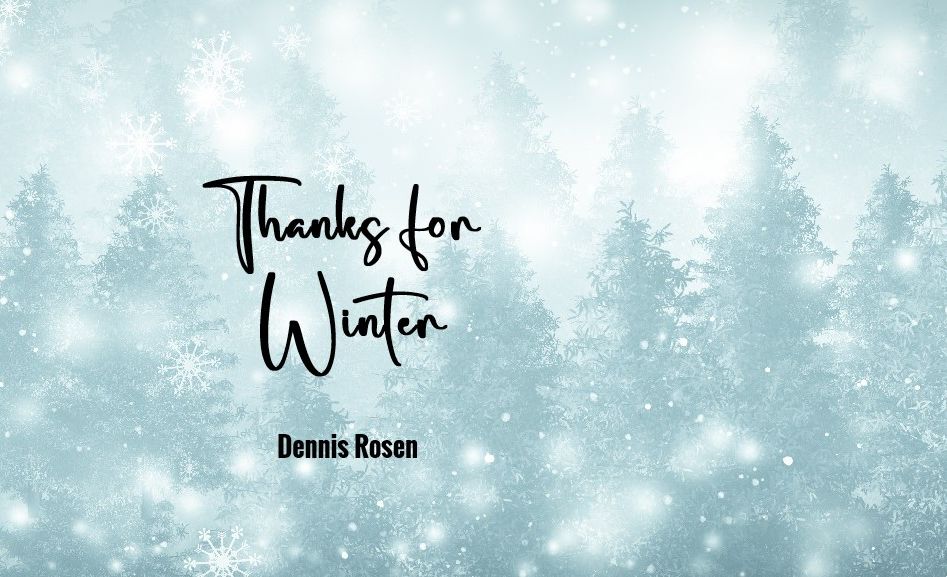
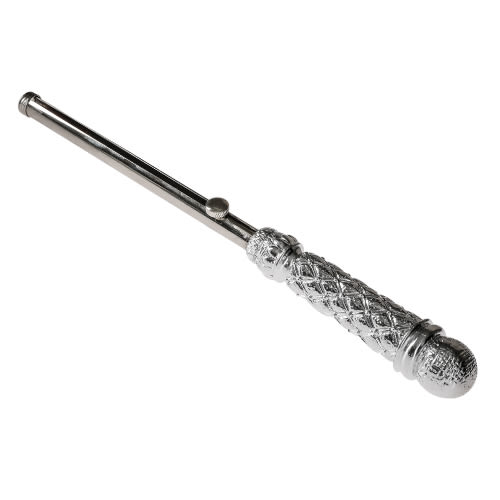
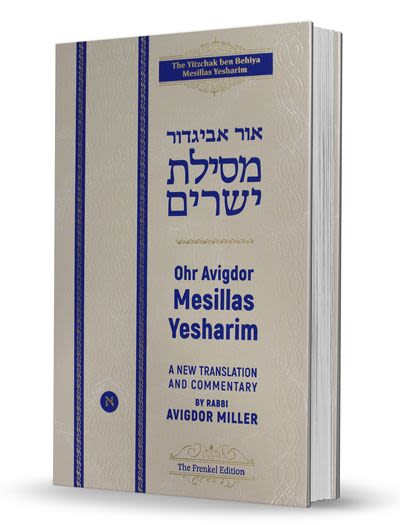
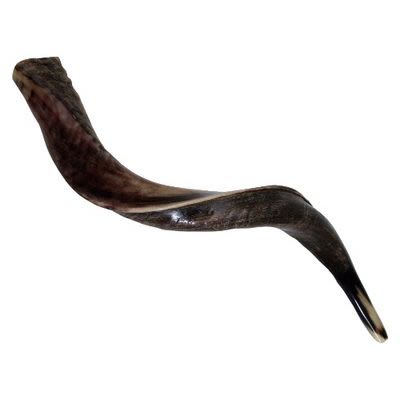
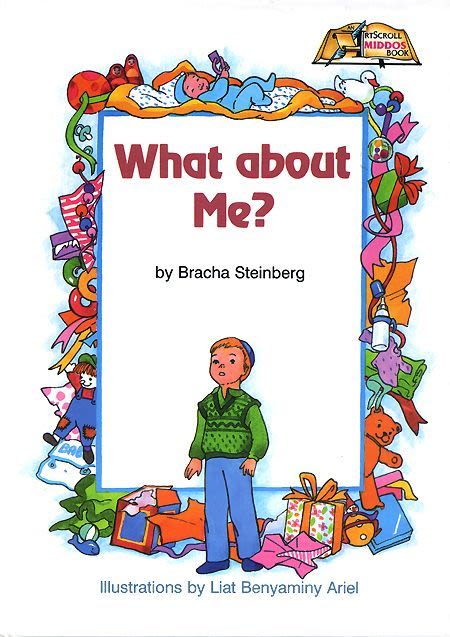
Tell us what you think!
Thank you for your comment!
It will be published after approval by the Editor.